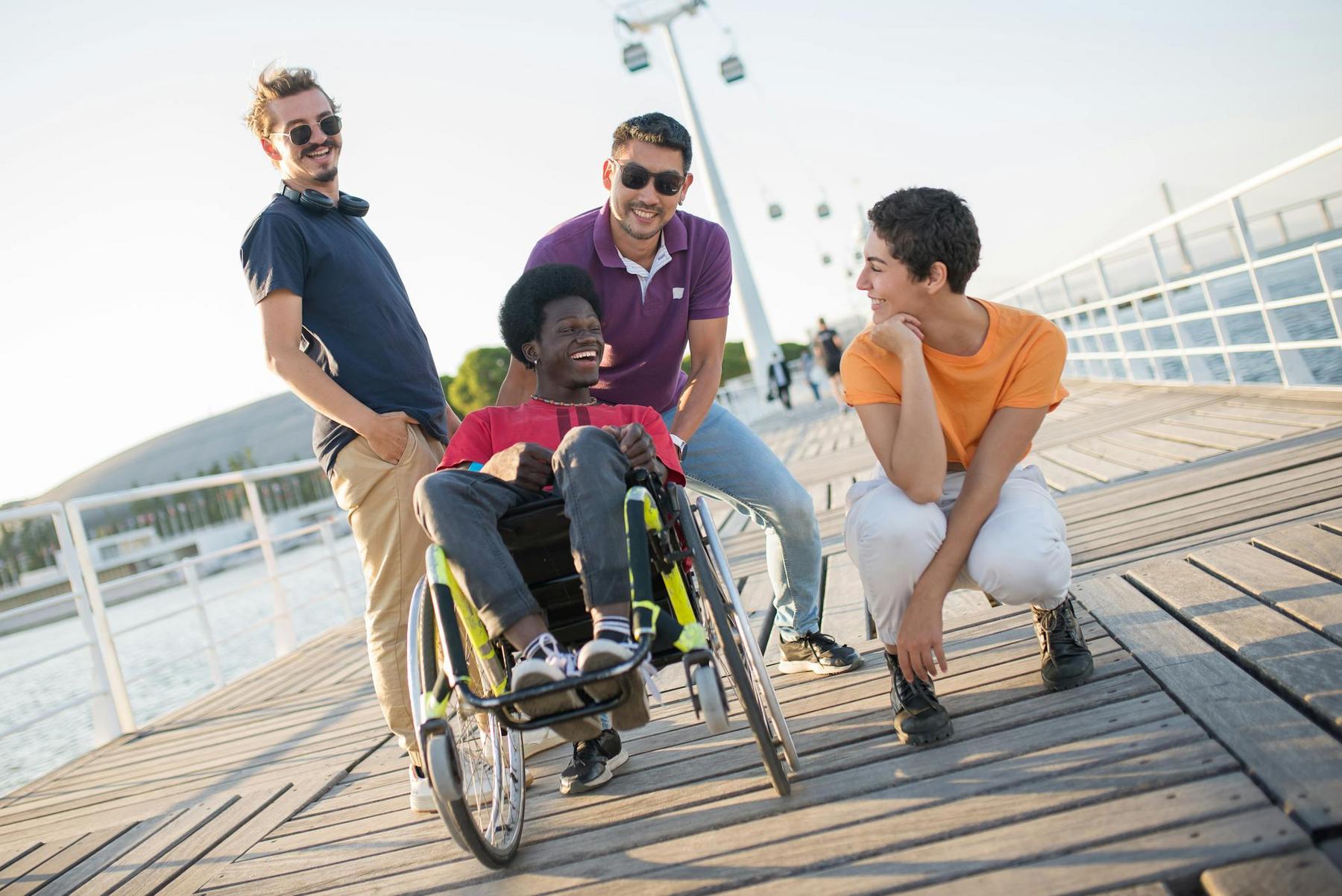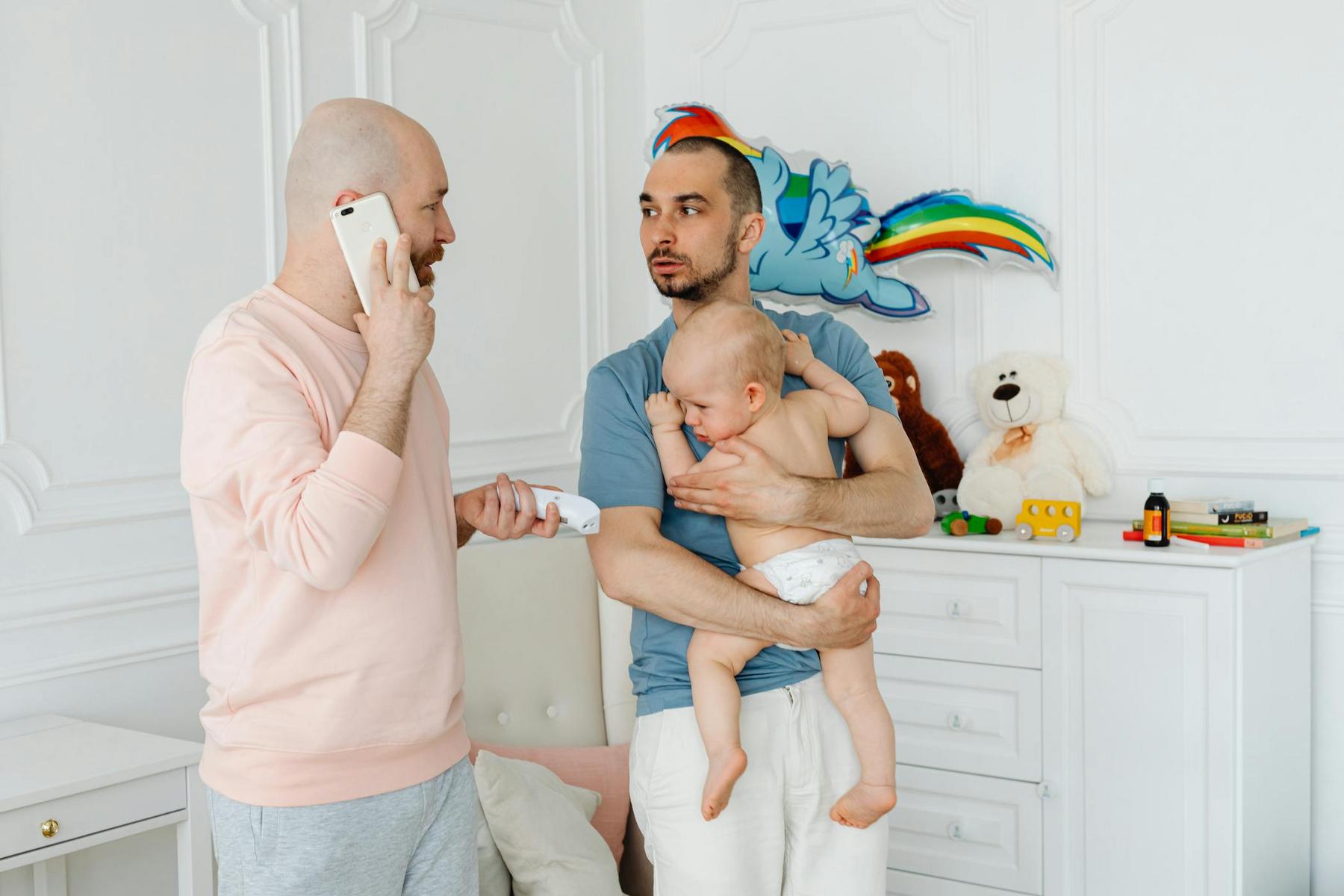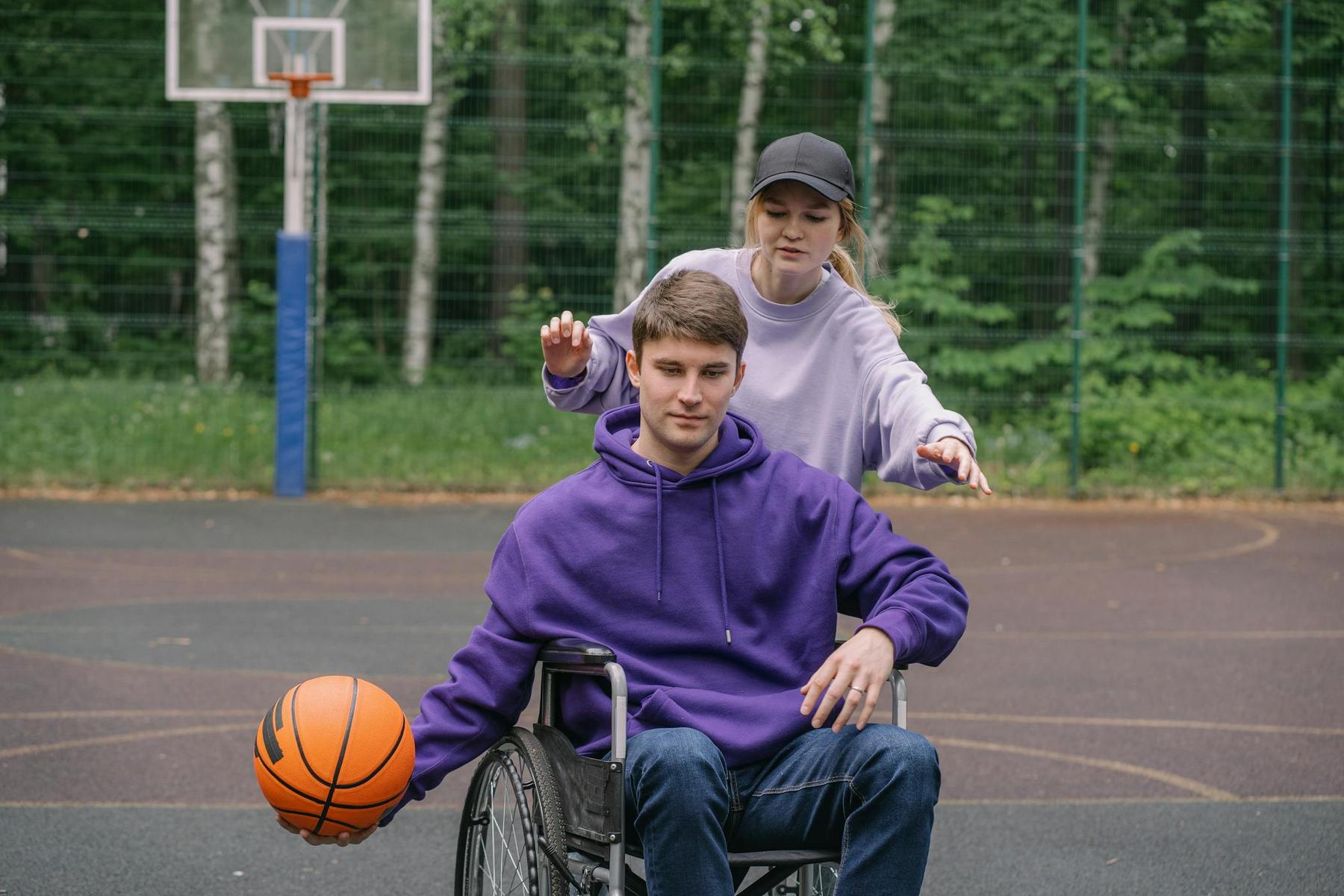Imagine sitting alone in a room, feeling like you’re the only person who struggles with self-doubt, social anxiety, or the overwhelming sense that you don’t quite belong. Now picture stepping into a space filled with understanding faces, where your challenges are met with empathy rather than judgment, and where every small victory is celebrated by people who truly understand your journey. This transformation from isolation to belonging captures the profound impact of community-based group activities on personal confidence.
For individuals with disabilities, this journey from solitude to social connection can feel particularly daunting. Yet across Cairns and Brisbane, thousands of people are discovering that confidence isn’t built in isolation—it flourishes in the warmth of community support. Through structured group activities, people are rewriting their personal narratives, transforming limiting beliefs into empowering realities, and discovering strengths they never knew they possessed.
The research tells a compelling story: structured group interactions significantly elevate self-efficacy through peer validation, mastery experiences, and reduced social anxiety. When we participate in group activities, we’re not just engaging in tasks—we’re participating in a powerful process of personal transformation that extends far beyond the activity itself.
Why Do Group Activities Have Such a Profound Impact on Building Confidence?
The psychological mechanisms underlying confidence development in group settings are both fascinating and scientifically validated. At its core, group participation activates four essential processes that work together to build lasting self-assurance.
Vicarious Learning and Peer Modelling When we observe others facing similar challenges and succeeding, something remarkable happens in our minds. Bandura’s self-efficacy theory explains how witnessing peers overcome obstacles strengthens our own belief in our capabilities. This is particularly powerful when we see people with similar backgrounds or abilities achieving what we thought was impossible.
In educational contexts, cooperative learning models like Think-Pair-Share have shown remarkable results, increasing classroom participation by 47% and enhancing students’ willingness to articulate complex ideas. The magic lies in watching someone just like us take that brave step forward—it makes our own courage feel more attainable.
The Power of Verbal Persuasion Group environments provide consistent opportunities for positive reinforcement and constructive feedback. When group members offer authentic encouragement, they’re providing what psychologists call “verbal persuasion”—external validation that counters negative self-talk and reinforces competency narratives.
Corporate training settings utilising structured compliment circles have demonstrated measurable improvements, with participants reporting 32% increases in self-confidence metrics. This isn’t about empty flattery; it’s about genuine recognition of efforts and achievements that individuals might otherwise dismiss or overlook.
Physiological Regulation Through Social Connection Our bodies respond differently when we’re surrounded by supportive people. Group activities, particularly those incorporating mindfulness or physical movement, help regulate stress hormones and promote emotional balance. Yoga sessions integrated into group programmes have shown measurable reductions in cortisol levels, directly correlating with improved self-image and emotional resilience.
Mastery Experiences in Safe Environments Perhaps most importantly, groups provide safe spaces to attempt new challenges and experience success. These “mastery experiences” offer tangible evidence of personal capability. Research following activity-based therapy groups revealed that 89% of participants attributed their newfound confidence to successfully completing collaborative projects that initially seemed unattainable.
How Do Group Activities Address Social Anxiety and Isolation?
Social anxiety and isolation often create a vicious cycle: the more we avoid social situations, the more intimidating they become. Group activities break this cycle by providing structured, supportive environments where social interaction feels safe and purposeful.
Creating Psychological Safety Effective confidence-building groups establish clear norms that protect participants from judgment or criticism. In Cairns-based NDIS social groups, “no correction” communication rules during cooking workshops allow participants to experiment and learn without fear of embarrassment. This psychological safety is crucial—it transforms groups into “courage incubators” where mistakes become learning opportunities rather than shame triggers.
Reducing Stigma Through Shared Experience One of the most powerful aspects of group participation is the realisation that we’re not alone in our struggles. The therapeutic concept of “universality”—understanding that our challenges are shared by others—directly reduces feelings of isolation and shame. Disability support groups across Australia have demonstrated 41% reductions in self-stigma by creating communities where participants reframe limitations as shared challenges requiring collective problem-solving.
Graduated Social Exposure Group activities provide natural opportunities for graduated social exposure. Participants can start with minimal interaction and gradually increase their comfort level with social engagement. This progressive approach allows individuals to build social confidence at their own pace, supported by understanding peers who celebrate every step forward.
What Types of Group Activities Are Most Effective for Confidence Building?
The diversity of effective group activities reflects the many pathways to confidence development. Different approaches work for different people, and the most successful programmes often combine multiple modalities to address various aspects of confidence building.
Creative and Artistic Pursuits
Drama and Role-Playing Drama programmes utilising role-play scenarios enable identity exploration in protected contexts. Participants can experiment with different aspects of themselves, practice assertive communication, and develop confidence in expressing their thoughts and feelings. Research shows that 68% of participants in drama programmes transfer the assertiveness they develop in role-play to real-life situations.
Collaborative Art Projects Visual art collaboratives, such as community mural projects, build confidence through skill hybridisation. Participants contribute diverse strengths—conceptual design, colour theory, brushwork—to collective masterpieces, validating varied competencies. The Endeavour Foundation’s “Sensory Art” groups in Cairns exemplify this approach, using texture exploration and joint canvas work to develop communicative confidence without verbal demands.
Music and Movement Music ensembles foster rhythmic synchrony that enhances social belonging. Students participating in school drumming circles exhibit 29% greater classroom participation, regardless of their musical proficiency. The shared creation of music builds confidence through collective achievement while celebrating individual contributions.
Physical and Adaptive Sports
Wheelchair Basketball and Adaptive Sports Specialised athletic programmes rebuild bodily confidence through mastery of modified equipment and inclusive competition. Wheelchair basketball leagues across Australia develop spatial confidence and strategic assertiveness, with 76% of participants reporting transfer of on-court leadership to daily life decision-making.
Sailability and Water Activities Programmes like Sailability use stabilised boats to enable individuals with mobility impairments to experience nautical independence. This directly translates to increased self-advocacy in healthcare settings, demonstrating how confidence in one domain can transfer to others.
Therapeutic Horse Riding Therapeutic horse riding synchronises proprioceptive feedback with emotional regulation, reducing anxiety symptoms by 63% among participants with cerebral palsy. The relationship between rider and horse creates a unique form of confident communication that extends beyond the riding arena.
Life Skills and Community Participation
Culinary Programmes Cooking groups provide practical confidence through skill development and social interaction. Advanced Disability Management‘s Culinary Collective sequences kitchen competence from basic utensil manipulation to multi-course meal hosting, with participants serving as guest chefs at local aged care facilities—a confidence milestone celebrated through community validation.
Community Access Groups NDIS-funded “Community Access Groups” in Cairns utilise supermarket scavenger hunts to develop transactional confidence. Beginning with self-checkout practice during off-peak hours before progressing to crowded shopping, these groups provide graduated exposure to real-world challenges with peer support.
| Activity Type | Primary Confidence Benefits | Transferable Skills | Evidence of Impact |
|---|---|---|---|
| Creative Arts | Self-expression, communication | Presentation skills, emotional regulation | 68% transfer assertiveness to daily life |
| Adaptive Sports | Physical competence, leadership | Strategic thinking, persistence | 76% report leadership transfer |
| Life Skills | Practical independence | Problem-solving, self-advocacy | 82% expand home capabilities |
| Social Groups | Peer connection, belonging | Communication, empathy | 71% initiate peer contacts outside sessions |
How Can Communities in Cairns and Brisbane Access These Opportunities?
The good news for residents of Cairns and Brisbane is that both cities offer robust ecosystems of group activities designed to build confidence and foster community connection. Understanding how to access these opportunities can be the first step towards personal transformation.
Cairns Community Resources
Endeavour Foundation Programmes The Endeavour Foundation’s Life Skills Hub in Cairns utilises innovative approaches like 3D printing workshops and neurodiversity-affirming social groups. Their “Neurodiversity Social Hub” employs “interest pods” covering photography, gaming, and eco-art, building social confidence through passion-centred interaction. Post-programme assessments show 71% of participants initiate peer contacts outside sessions.
TDAC Adventure Collective That Disability Adventure Company uses outdoor challenges such as adapted kayaking and rainforest navigation to develop risk assessment confidence. Participants who lead trail decisions demonstrate decision-making transfer to vocational choices, showing how outdoor confidence translates to life skills.
Cairns Sailability Combining technical sailing instruction with peer mentoring, Cairns Sailability creates opportunities for newly proficient sailors to teach docking techniques to novices. This approach solidifies competence through explanation while building teaching confidence.
Brisbane Opportunities
Brisbane’s larger metropolitan area provides even more diverse options for group participation. The city’s established disability services network offers numerous pathways to confidence building through community engagement.
NDIS Integration Both cities benefit from NDIS coordination that optimises resource allocation. Support workers tailor assistance to individual confidence thresholds—some participants initially require hand-over-hand guidance during art workshops before progressing to autonomous creation.
Community Partnerships Grant programmes like Community Partnerships Funding allocate significant resources to inclusive initiatives. Recent support for projects like the Trinity Bay Sensory Garden demonstrates community commitment to confidence-building through collaborative activities.
What Does the Future Hold for Community-Based Confidence Building?
The evolution of group activities for confidence building continues to advance, driven by better understanding of what works and innovative approaches to inclusion and accessibility.
Technology Integration Emerging technologies are creating new possibilities for group participation. Music composition groups using adaptive instruments—eye-tracking synthesisers and gesture-controlled sound modules—enable nonverbal participants to experience creative agency, significantly elevating communicative initiative in non-musical contexts.
Peer Leadership Development Future initiatives should prioritise peer mentor training within existing groups. This approach could amplify impact by creating leadership development pipelines where experienced participants guide newcomers, building confidence through teaching and mentoring relationships.
Longitudinal Outcome Tracking Expanding research to track confidence transfer to non-group contexts, particularly regarding employment outcomes and civic participation, will help refine programmes and demonstrate long-term impact.
Community Integration Pathways The development of “bridging” activities that help transition group-based confidence to broader community engagement represents an important frontier. Café conversation groups that practice ordering scenarios with off-peak staff collaboration before progressing to independent transactions during busy periods exemplify this approach.
The evidence conclusively establishes group activities as unparalleled confidence-building engines across developmental stages and ability spectrums. By combining psychological safety with incremental challenge, groups create “competence laboratories” where vulnerability transforms into capability through relational reinforcement. The Cairns and Brisbane ecosystems exemplify this principle through their integration of adaptive programming, community partnerships, and participant-centred design—resulting in measurable confidence gains that enhance independence, social connection, and life satisfaction.
For individuals and organisations seeking confidence transformation, the imperative remains clear: structured group engagement provides the relational scaffolding necessary for self-concept reconstruction. Human potential flourishes not in isolation, but through our interconnected growth. Whether through creative expression, adaptive sports, life skills development, or community participation, the power of community continues to transform lives across Queensland and beyond.
How long does it typically take to see confidence improvements from group activities?
While individual experiences vary, research indicates that participants often notice initial confidence improvements within 3-4 weeks of regular group participation. Significant, lasting changes typically develop over 8-12 weeks of consistent engagement. Regular attendance is key to building the relationships and skills that underpin confidence development.
Are group activities suitable for people with severe social anxiety or autism spectrum conditions?
Absolutely. Many programmes specifically cater to individuals with varying comfort levels and communication styles. Neurodiversity-affirming approaches eliminate forced socialisation and help participants build comfort gradually, often starting with smaller groups or structured activities before transitioning to larger settings.
How do I know if a group activity programme is right for my specific needs?
Reputable programmes conduct initial assessments to understand your goals, comfort levels, and interests. They often offer trial sessions, flexible participation options, and clear communication about their approach to help you determine if their programme aligns with your confidence-building goals.
Can family members or carers participate in group activities, or are they designed for individuals only?
Many programmes include both individual-focused and family-inclusive options. Some activities involve support networks to reinforce confidence-building at home, while others focus on individual growth within peer groups. It’s best to discuss available options with the programme coordinators.
What if I don’t see immediate results or feel uncomfortable in group settings initially?
Feeling uncomfortable initially is completely normal. Quality programmes provide additional support during the adjustment period, allowing facilitators to modify approaches or offer extra scaffolding to help you feel more at ease. Remember, confidence building is a gradual process, and setbacks are part of the journey.



